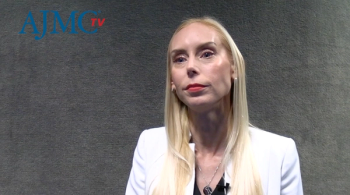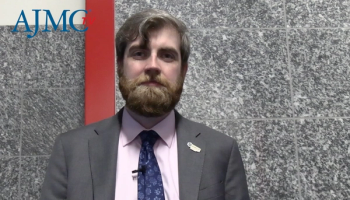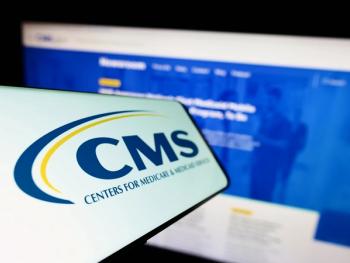
Policy
Latest News

Latest Videos

More News

The executive order targets lower drug prices through Medicare reforms, anticompetitive crackdowns, and transparency mandates.

JC Scott, CEO and president of The Pharmaceutical Care Management Association, discusses current efforts in increasing biosimilar adoption and pharmacy benefit manager (PBM) reform.

From the potential impact of tariffs to the World Health Organization's year-long campaign launch focused on improving maternal and newborn health and addressing preventable deaths, here's the latest from the Center on Health Equity & Access.

Several court cases have been filed against the Trump administration over disruptions touching health care, including funding cuts and employee layoffs.

This study found no evidence that hospital employment of physicians resulted in physicians treating sicker patients, undercutting claims that hospital-employed physicians serve a higher-acuity patient mix.

Neha Kashalikar, PharmD, director of strategic pharmacy consulting at MassHealth, breaks down the outcome measures often used in pharmacy and medical claims to evaluate the performance of value-based contracts.

Laura Bobolts, PharmD, BCOP, senior vice president of clinical strategy and growth at OncoHealth, shares how health care leaders are advancing value-based care through improved data strategies, real-world evidence, and AI-driven efficiencies, without losing the human touch.

Adam Colborn, JD, associate vice president for congressional affairs, Academy of Managed Care Pharmacy, highlights key policy updates that are impacting managed care pharmacy.

Taxing imports to the US could spell major consequences for health care prices, innovation, and access, as a great amount of medical supplies and ingredients are manufactured overseas.

The Center on Health Equity & Access delves into the latest policy shifts, research, and expert perspectives on advancing equity and improving access to care.

As new Federal Communications Commission rules take effect April 11, 2025, mPulse CEO Bob Farrell explains how health organizations can stay compliant while building patient trust through transparency and personalized engagement.

The former television personality and heart surgeon was confirmed in a 53-45 vote on party lines.

The findings appear as multiple lawsuits pit pharmaceutical companies against hospitals as well as HHS.

A bipartisan letter from lawmakers questions the legality of Robert F. Kennedy Jr's HHS changes and the lack of clear communication regarding their potential impact on American health.

Prior authorizations create substantial administrative and financial burdens on physicians and patients and can disrupt the continuity of care.

Federal legislative and regulatory changes are reshaping pharmacy practice, with key challenges in government funding, pharmacy benefit manager reform, and health care policy shifts—topics explored by experts at the Academy of Managed Care Pharmacy's annual meeting.

A new Commonwealth Fund report estimates that states' collective gross domestic products would shrink by $95 billion, with total economic output declining by $157 billion.

As managed care pharmacy navigates rapid transformations in policies, high-cost drug strategies, and innovative therapies, the upcoming AMCP annual meeting will provide critical insights into legislative impacts, drug affordability, formulary design, and emerging treatment trends.

The Trump administration has expressed interest in eliminating or changing the Division of HIV Prevention in the CDC, which could introduce gaps in addressing the HIV epidemic.

These results suggest that the rise in avoidable mortality is driven by widespread factors across the entire US.

The researchers emphasized the need for ongoing research and advocacy to further address drug affordability.

Speakers from the Muscular Dystrophy Association (MDA) highlighted 75 years of progress in understanding and treating neuromuscular diseases but also raised concerns about how potential funding cuts could impact this community.

Although the gap between low and high value has been established in many areas, insurance design has yet to adapt, according to a panel at the 20th annual Value-Based Insurance Design (VBID) Summit.

Medication costs are only a piece of the puzzle when clinicians think about health care access, explains Leigh Maria Ramos-Platt, MD.

Recent cuts to federal grants are set to have a widespread impact across numerous scientific and medical studies.

















